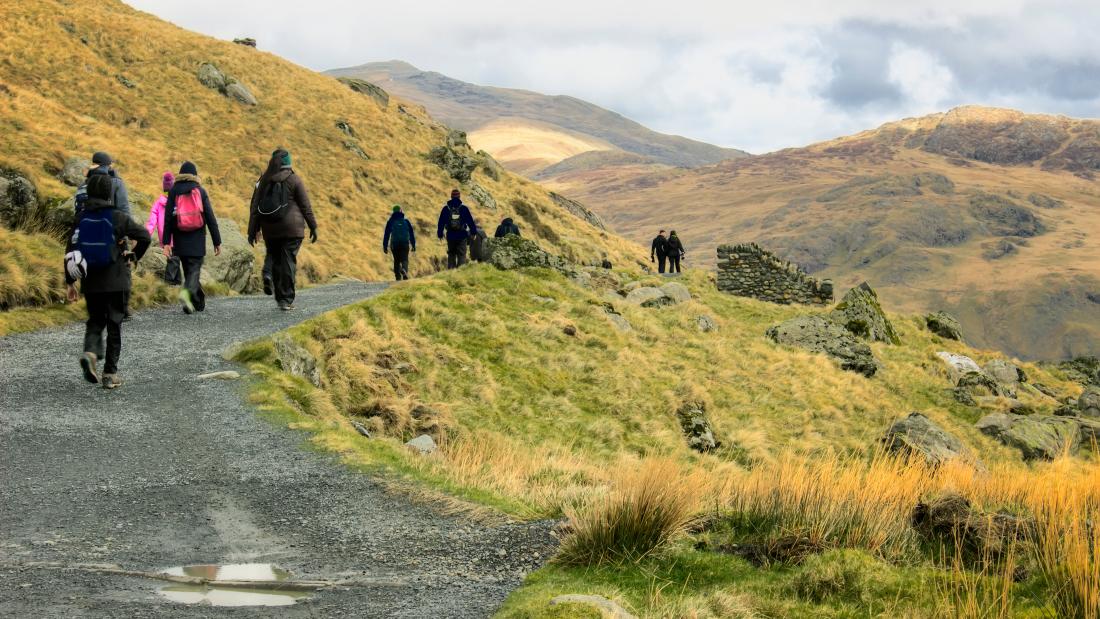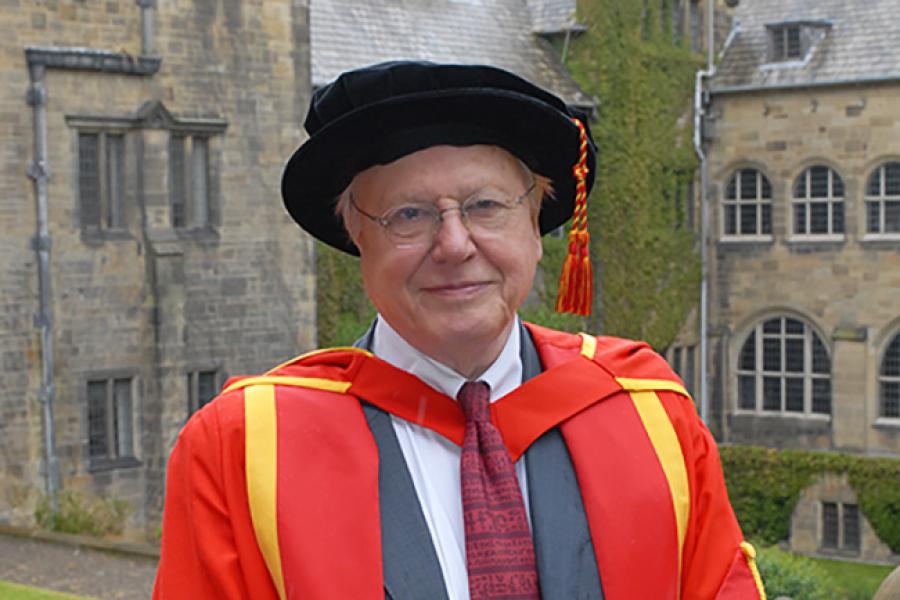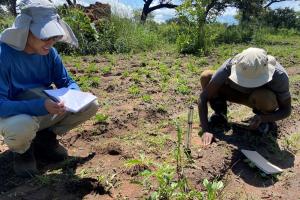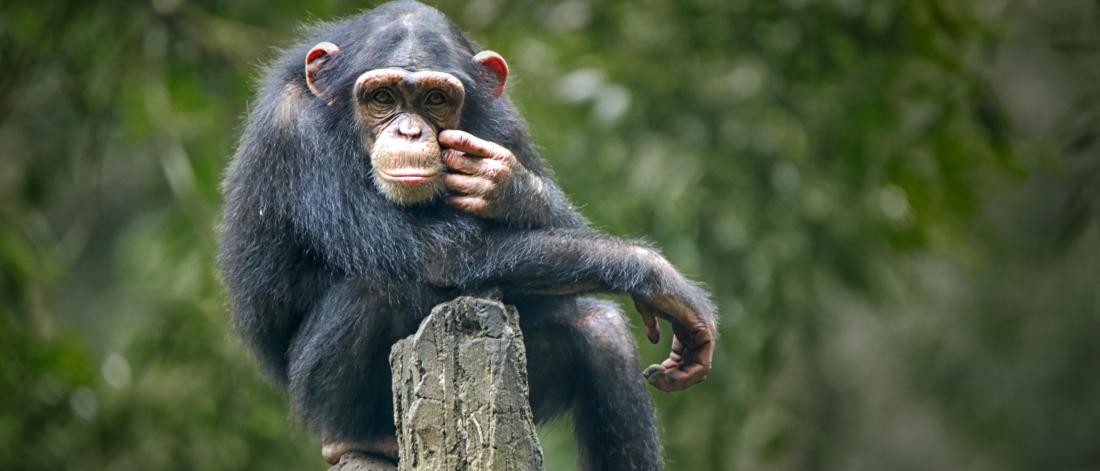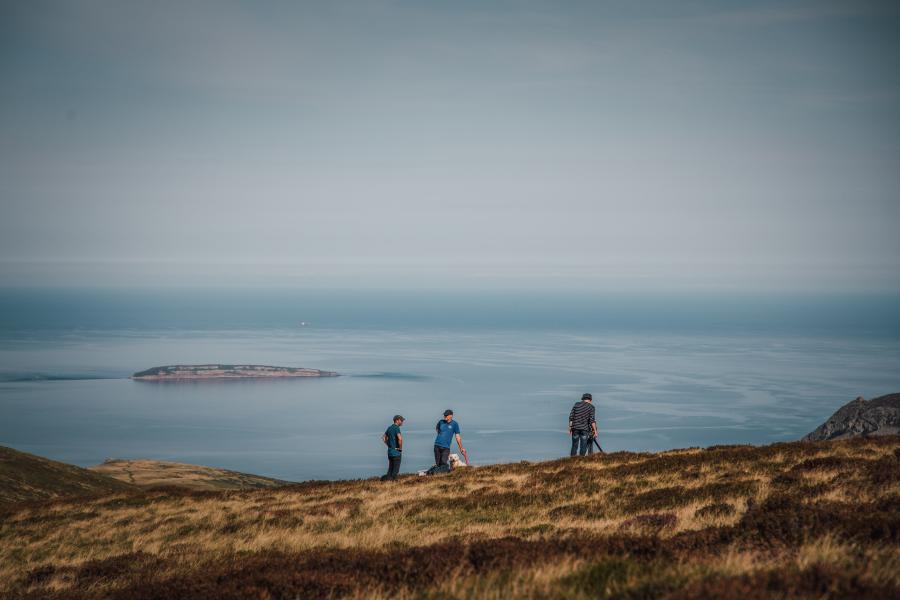LATEST SCHOOL NEWS
See MoreOUR COURSES
We offer distance learning programmes in:
- MSc Agroforestry & Food Security
- MSc Forestry
- MSc Tropical Forestry
OPPORTUNITIES TO JOIN US
Connect with us
Follow us on Twitter for the latest news.
School of Environmental and Natural Sciences, Bangor University, Bangor LL57 2DG
How to find us
School of Environmental and Natural Sciences, Bangor University, Bangor LL57 2DG

